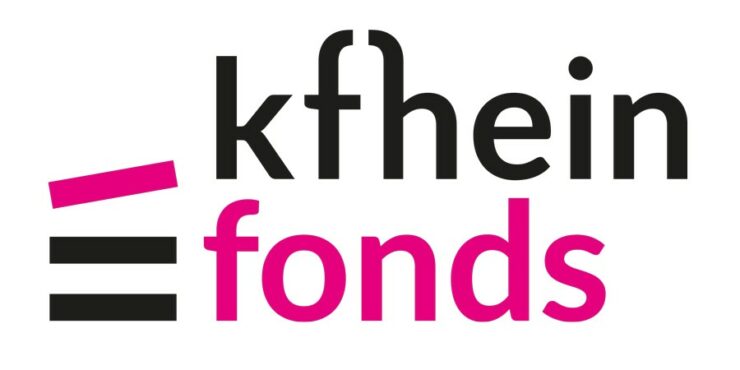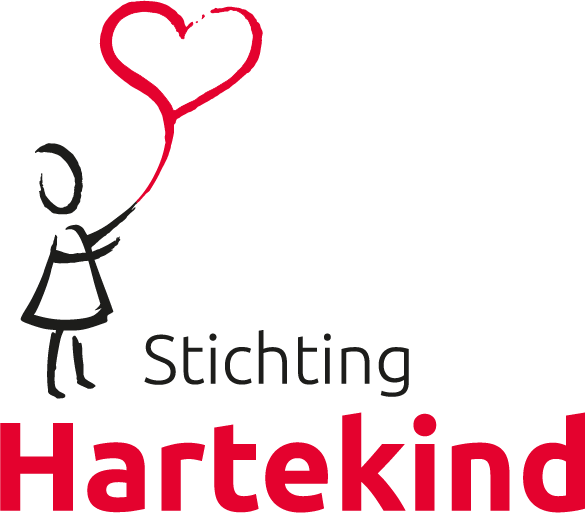In all our research projects we focus on innovation in cognitive assessment and better, more tailor-made treatment of cognitive disorders after brain damage.
Our current main research aims are the following:
Use this QR code to support our research! For more information about the donation, follow this link. 
 Basic mechanisms
Basic mechanisms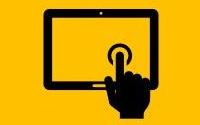 Digitised NeuroPsychological Assessment (dNPA)
Digitised NeuroPsychological Assessment (dNPA)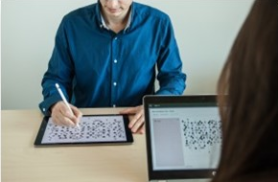
A collaboration with Philips Research
One of the consequences of brain damage is impairment in cognitive functions. In clinical settings, patients with brain damage usually receive conventional neuropsychological pen-and-paper tests (NPA) to estimate cognitive performance per cognitive domain. A well-known issue in NPA is the discrepancy between ’normal’ final scores of patients (especially with milder consequences of brain damage) and the patient’s cognitive complaints during daily life situations (e.g. work, family, social gatherings). Within this line of research, the overarching aim is to improve clinical neuropsychological assessment. To this aim, we investigate the added value of a dNPA, specificity of novel outcome measures that can only be used when using a computer, and relations between patients’ performances on those digitized tests and complaints in daily life.
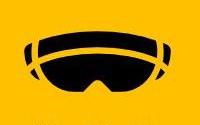 Mixed Reality
Mixed Reality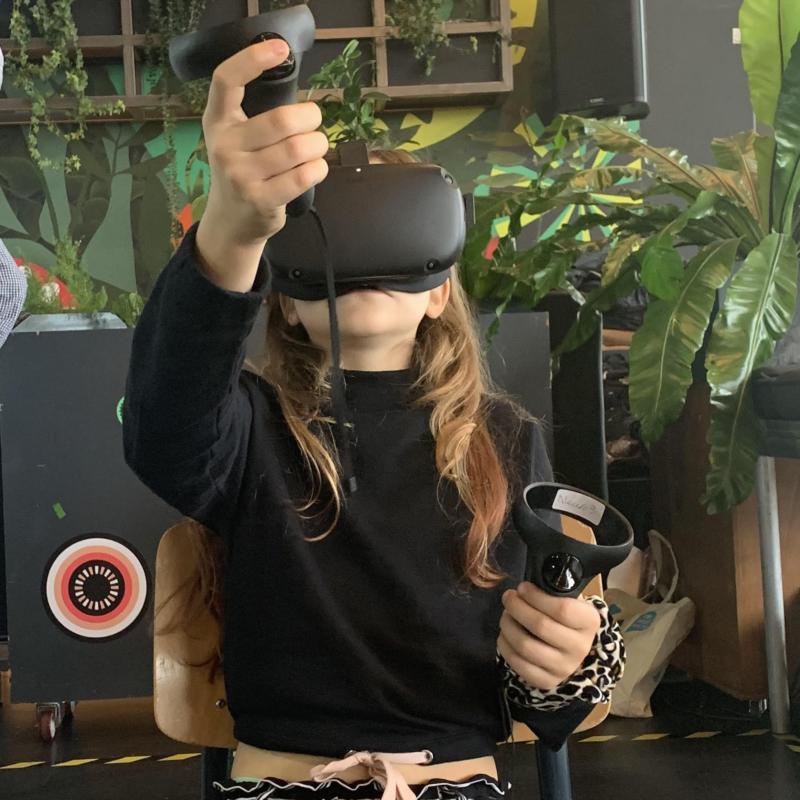
Cognitive rehabilitation is aimed to improve cognitive functions to promote functional independence during activities of daily living and participation. Current estimations of strengths and weaknesses with respect to cognition are done with use of conventional pen-and-paper tests, which lack ecological validity. Mixed Reality (Virtual Reality, Augmented Reality, Serious Games) have the potential to mimic the dynamics of daily life situations and interactions with the environment and could potentially be used to advance (or enhance) both cognitive assessment and training. Within this line of research, we have several aims. First, we investigate the more basic aspects of Mixed Reality such as cyber sickness and improving and estimating presence. Second, we develop novel outcome measures to estimate cognitive skills, such as eye tracking features, motion tracking features, and fluctuations in performance during interactions. Last, we set up clinical studies with different groups of patients that have primary or secondary brain damage, young and older, to further clinical cognitive assessment and training.
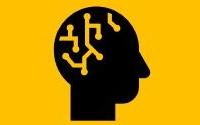 Non-invasive Brain Stimulation (NIBS)
Non-invasive Brain Stimulation (NIBS)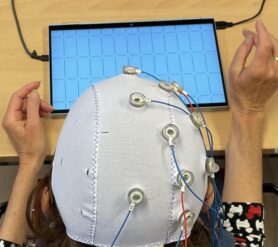 Long-term cognitive impairment after stroke has been associated with lower quality of life and independence, highlighting the need for effective methods targeting impairment in cognitive rehabilitation. The use of noninvasive brain stimulation (NIBS) is deemed promising and within this line of research we currently collaborate with Maastricht University to investigate the beneficial effects of tACS on visuospatial neglect.
Long-term cognitive impairment after stroke has been associated with lower quality of life and independence, highlighting the need for effective methods targeting impairment in cognitive rehabilitation. The use of noninvasive brain stimulation (NIBS) is deemed promising and within this line of research we currently collaborate with Maastricht University to investigate the beneficial effects of tACS on visuospatial neglect.
